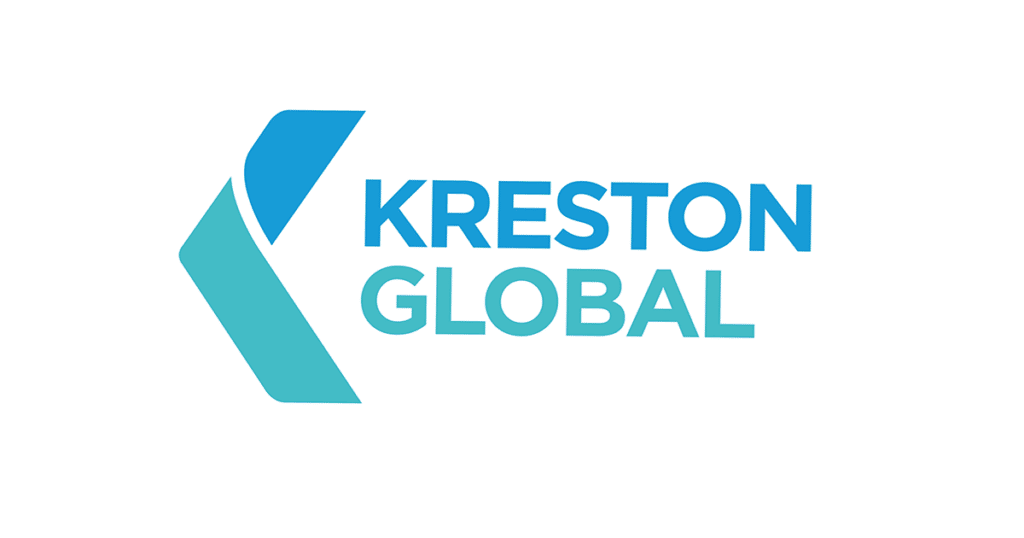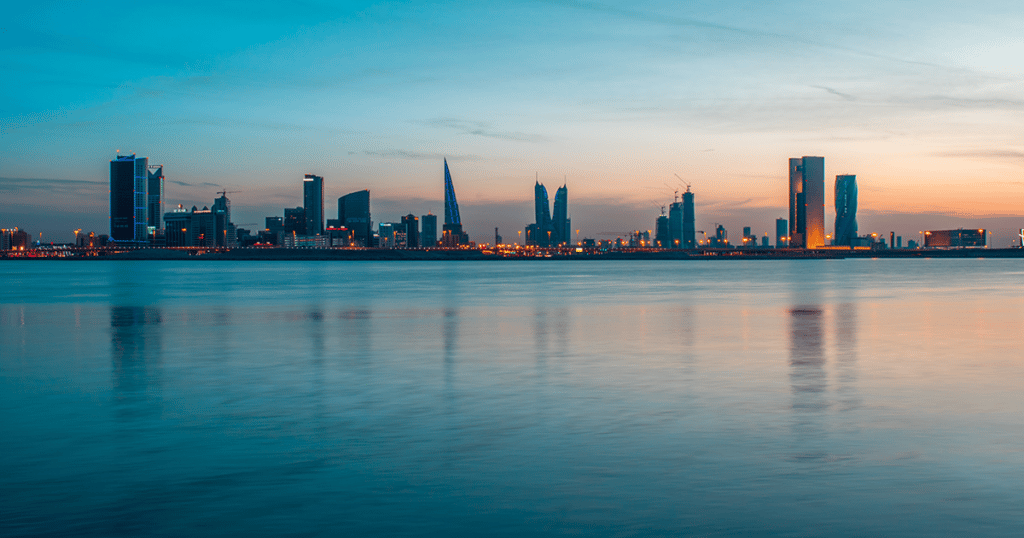Doing business in Bahrain
- How quickly can I set up a business?
- What is the minimum investment needed?
- How can I raise finance?
- What are the legal requirements for setting up my business?
- What structure should I consider?
- What advice can you give me in regards to payroll and taxation requirements?
- Is there anything else that I should know?
How quickly can I set up a business?
10-20 days, but it may take longer for certain businesses requiring a large number of approvals.
What is the minimum investment needed?
The paid-in minimum capital requirement BHD 250, which increases in accordance with the specific activities chosen in case of the business.
How can I raise finance?
Whilst the capital has to be contributed in cash, banking facilities are easily obtainable. Bahrain has a large banking sector and has more than 400 licensed financial institutions both conventional and Islamic. Bahrain has the highest concentration of Islamic finance institutions in the region: 15 wholesale Islamic banks and 6 retail Islamic banks.
What are the legal requirements for setting up my business?
A limited liability company (or its legal equivalent) is the most common form of company and the advantage in setting up a business on the main island is that trade is permitted throughout the country.
Bahrain also has Free Trade Zones (FTZ). These include:
- Bahrain International Investment Park (BIIP)
- Bahrain Logistics Zone (BLZ)
- Bahrain International Airport (BIA)
- Sheikh Khalifa bin Salman Port (KBSP)
- Bahrain Investment Wharf (BIW).
Bahrain Free Zone company structure is suitable for foreign companies interested in operating manufacturing or distribution base with Bahrain as the regional hub or centre with significant operations carried out in Middle East regions.
Note that the capital requirements are generally higher for free zone companies. However, 100 percent foreign ownership is allowed for most of the businesses, and there are no duties for companies serving the free zone including import & export. Free zone companies can avail electricity rebates for the first five years of operation and 100 percent land rebates in the government industrial areas for the first three years.
The required documents are:
(1) Certificate of Incorporation
(2) Draft Memorandum of Association.
(3) Board of Directors resolution resolving to establish the company in Bahrain (for corporate
partners).
(4) National ID card (Central Population Registry (CPR)) copies of the company’s representatives.
If the partners are not present themselves to register the company, copies of the ID cards of their lawyers/other representatives must be provided.
(5) Lease agreement as proof of the company’s commercial address.
(6) Last audited financial report of corporate partners.
Specific requirements of the Central Bank of Bahrain rulebook apply in case of licensed and regulated financial institutions.
What structure should I consider?
A limited liability company and its variants with a single shareholder is the most popular form of company.
The available structures in the Kingdom of Bahrain are as follows:
- Bahrain Shareholding Company (B.S.C.) – a public listed form of Company
- Bahrain Shareholding Company , (B.S.C) Closed
- With Limited Liability Company (W.L.L)
- Establishment
- Branch of a foreign company
What advice can you give me in regards to payroll and taxation requirements?
There is no corporate tax in Bahrain excluding the oil and gas sector. There is however, Value Added Tax (VAT). Note that in September 2021, the Council of Ministers in Bahrain approved an increase in the standard rate of VAT from 5% to 10% with effect from 1 January 2022.
The Labour Law for the Private Sector (Law No. 36 of 2012) (Labour Law) and its amendments regulate employment relationships and apply to:
- Bahrainis and non-Bahrainis employed in Bahrain.
- Bahrainis working abroad if the employment contract is governed by Bahraini law.
Note that Bahraini employees pay 7% of their salary and non-Bahraini employees pay 1% of their salary as social security contributions. In the case of employers’ social security, payments are made to the social security organisation on behalf of the employees:
- Non-Bahraini employees: 3%.
- Bahraini employees: 12%.
Lastly note that in May 2021 a wages protection system was introduced requiring the private sector employer to pay workers’ wages through banks and financial institutions according to specific dates:
- Stage One: Includes employers with (500) employees or more, this stage shall start on the first of May 2021.
- Stage Two: Includes employers with (50 – 499) employees, this stage shall start on the first of September 2021.
- Stage Three: Includes employers with (1 – 49) employees, this stage shall start on the first of January 2022.
Is there anything else that I should know?
Bahrain is ranked 43 among 190 economies in the ease of doing business, according to the latest World Bank annual rating.
Bahrain is the natural gateway to the Gulf, with particularly favourable access to Saudi Arabia, the region’s single largest market and economy.
The dominant industries in Bahrain are financial services, tourism, technology, manufacturing and logistics.
There are no free zone restrictions, 100% foreign ownership allowed for most activities and an average of 30% lower operating costs than regional neighbours. It is also a strategic hub connecting
The population of Bahrain is just over 1.5 million. 47.4% are Bahraini nationals, with the remainder being expatriate workers.
Bahrain has detailed commercial laws specific to the following:
- Prohibition of and Combating Money Laundering
- Testing and Metrology
- Consumer Protection
- Protection of Geographical Indications
- Trademarks
- Patents
- Industrial Designs
- Intellectual Property
Bahrain’s Free Trade Agreements include the following:
- Greater Arab Free Trade (GAFTA)-The Greater Arab Free Trade Area is a pan-Arab free trade zone
- GCC Free Trade Agreement- Economic Agreement between the GCC states
- GCC-Singapore Federal Trade Agreement (GSFTA)-The GCC-Singapore Federal Trade Agreement (GSFTA) allows GCC goods duty-free access to the Singaporean market.
- GCC-EFTA Agreement-The FTA between the GCC and the EFTA states was signed into law in June 2009 and includes 93 articles and 16 annexes covering trade in goods, trade in services, competition, and more.
- US-Bahrain FTA-Bahrain is the first Gulf Cooperation Council (GCC) member and third Arab country to enter into an FTA with the United States.
Bahrain is also a signatory to the Bahrain–Israel normalization agreement, which is an agreement to normalize diplomatic and other relations between Bahrain and Israel.
Our firms in Bahrain
See VAT guide
How can Kreston grow your business?
Select your business type:
Latest news

The impact of OECD two-pillar solution on GCC countries
Tax experts from Kreston Global outline how countries within the Gulf Coast have been affected by the OECD’s two-pillar solution.

Kreston growth in the news
The growth of the Kreston network is in the news again following the addition of two new Kreston firms. The article in International Accounting Bulletin covers the addition of Kreston Bahamas and Kreston Bahrain

Kreston Global welcomes new Bahrain member firm
PRESS RELEASE – Kreston Global today welcomes new Bahrain-based member firm Awael Public Accountants and Management Consultants to its network.
